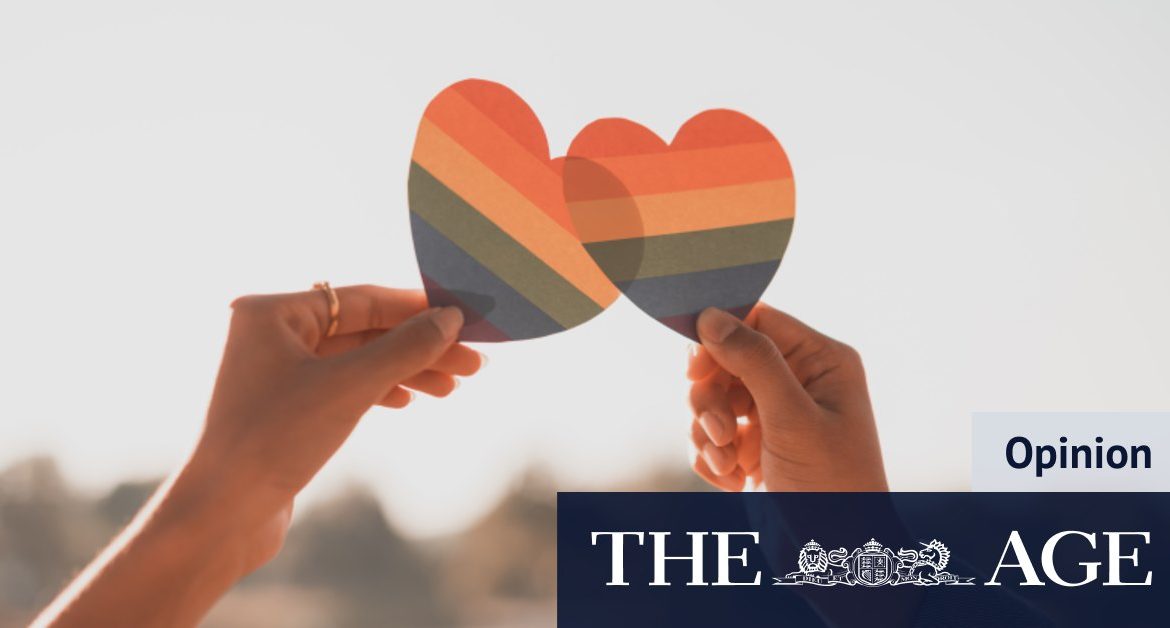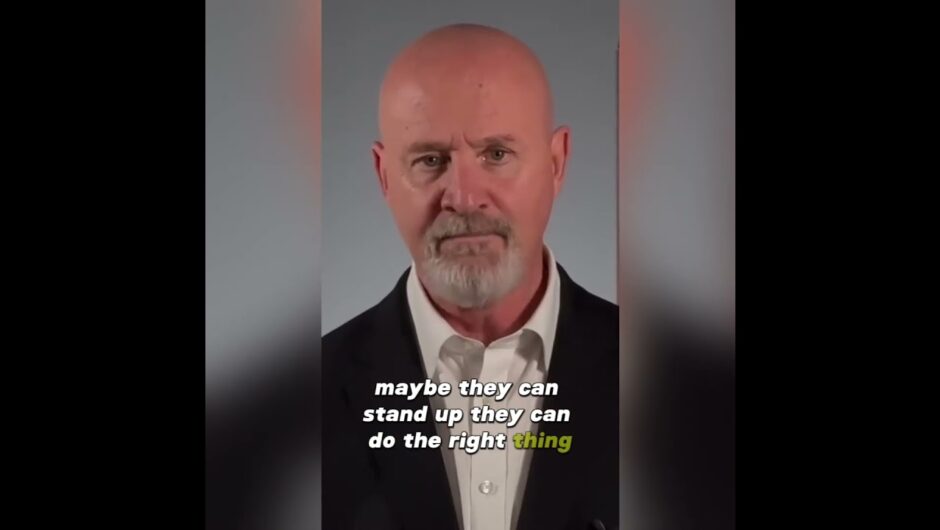My childhood was heavily influenced by my Catholic upbringing. I attended Catholic primary and high school, and went to church every Sunday morning. At a young age, I began to realise that I was different from the other kids. I remember regularly being called a poof and being teased for being too feminine.
Melbourne Catholic Archbishop Peter Comensoli.Credit:Penny Stephens
I remember the anxiety I felt around the possibility that I was gay. The obsessive and intrusive thoughts plagued by an intense fear and doubt over being attracted to other men. For me, being gay was wrong, shameful, something to hide and suppress. I felt very alone.
When I eventually felt comfortable to tell my close family members, I remember distinctly being advised by Uncle Peter that there was a difference between my sexuality and having sex, while also telling me he loved me. This was of course simply stating the Catholic Church’s teaching on homosexuality.
According to the catechism of the Catholic Church, gay people are called to chastity – that is to never have sex; for homosexual acts are considered a “grave depravity” and “intrinsically disordered”.
At a later point in time, I realised that my uncle’s comments were a thinly veiled nudge encouraging me to not have sex with other men.
While this particular example is not a form of conversion practice itself, this theological position provides the foundation for harmful conversion practices to proliferate.

This theological position provides the foundation for harmful conversion practices to proliferate.
The Church continues to speak this doublespeak – saying “we love you” and “we welcome you into our Church”, yet actively campaigns against our full and equal participation in society and remains hostile to proposed legislative changes that seek to improve the health and wellbeing of our communities, and foster social inclusion.
It was only recently during the marriage equality debate that the Catholic Bishops of Australia published a booklet titled “Don’t mess with marriage” which stated that “messing with marriage, messes with kids”.
Similarly, the rights of the child are evoked to oppose this bill. This is a classic tactic of the Christian right – to hide their religious and moral arguments behind a Trojan horse of secular language.

The Catholic Church catastrophically failed to protect the most vulnerable members of our community.Credit:Penny Stephens
It is outrageous that the Church feels entitled to lecture others on the welfare of children and young people, following revelations in the Royal Commission into Institutional Responses to Child Sexual Abuse, that the Catholic Church catastrophically failed to protect the most vulnerable members of our community, and subsequently engaged in a systemic cover-up.
Enough is enough. This shameful hypocrisy needs to be called out.
The fact that people feel entitled to cast a moral lens on our lives largely remains unchallenged in our society. Once again LGBTQA+ people are being subject to a prolonged public debate, and intense media scrutiny. Our lives and relationships are dissected in the public sphere, which causes great harm to our communities.
In the work that I do in LGBTIQ+ health, I get a deep insight into how national debates, media reporting and legislative processes can exacerbate the already poorer health and wellbeing outcomes of LGBTIQ+ people.
Loading
We urgently need a shift back to public policy that is based on evidence, human rights and community perspectives and not influenced by individual perception, moral judgment, discrimination or, at times, hatred of LGBTQA+ people.
The lives of LGBTQA+ people should not be used as a political football to pursue political interests and ideological agendas.
We also need to reject the prevailing myth that religious-based prejudice does not actively cause harm. Rather, they contribute to an already hostile and stressful social environment for LGBTQA+ people.
I, and my LGBTQA+ counterparts, simply want to live happy and healthy lives, free from discrimination, stigma, and shame. The bill will be a long overdue step towards achieving this aim.
Loading
My uncle recently said in a statement that a “bill that protected people would have my full support”. This bill does exactly that.
I urge my uncle, and others, to support the passage of this Bill. It will save lives, and help foster a more safe, inclusive and affirming society for LGBTQA+ Victorians.
Daniel Comensoli is a policy analyst in LGBTIQ+ health and wellbeing.
Most Viewed in National
Loading







